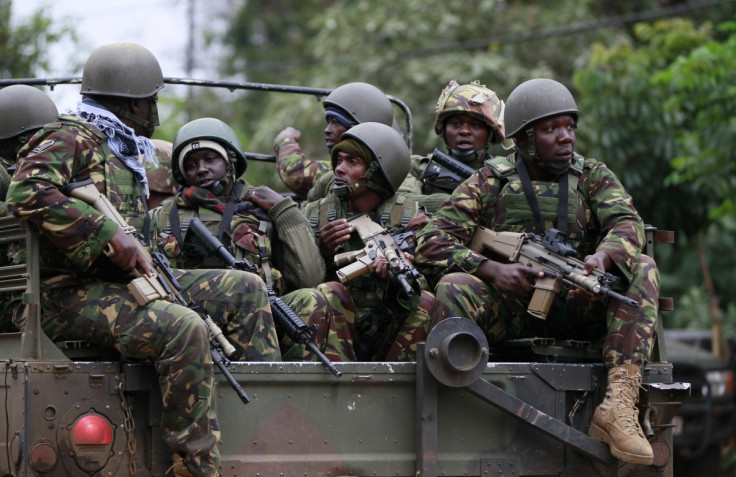Kenya: 3,000 Terror Suspects Arrested after Nairobi Attacks

More than 3,000 suspects have been arrested in Kenya in four days of counter-terrorism operations following Islamist terror attacks across the capital of Nairobi.
The majority of those arrested are of Somali origin or thought to be linked to radical Islam in some form. The crackdown followed a Kenyan government pledge to rid the country of Islamist al-Shabaab supporters.
The mass arrest took place in the Nairobi suburb of Eastleigh where the main Somali refugee population live. It has been the scene of three grenade attacks in which six people died.
Kenyan president Uhuru Kenyatta insisted that the operation targeted only criminals and was not racially profiled.
"We are not fighting any religion or community. Our fight is against criminals who kill innocent children, women and men going about their everyday activities, including praying," he said.
The al-Qaida-linked group al-Shabaab has claimed responsibility for numerous attacks in Kenya as it continues to protest against the army's presence in the failed state of Somalia.
The UN refugee agency, UNHCR, condemned the mass arrest and appealed to Kenya's law-enforcement agencies to "uphold the rights of all those arrested and to treat them in a humane and non-discriminatory manner".
Alongside the majority of Somalis arrested, Ugandans, South Sudanese, Ethiopians and Eritreans were also detained, according to Somalia's ambassador to Nairobi Ali Americo.
© Copyright IBTimes 2025. All rights reserved.






















